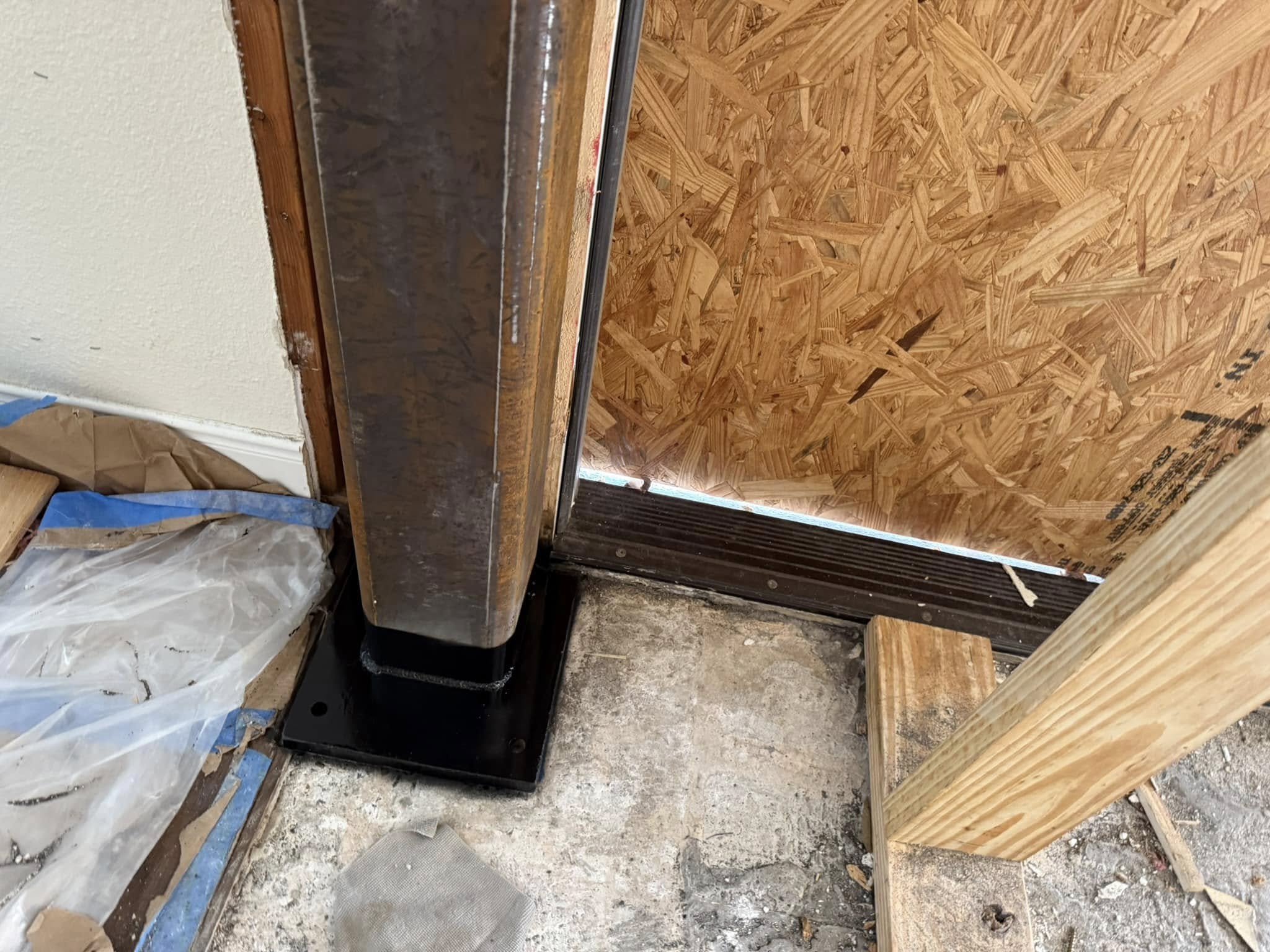
Sustainable Welding Practices: How LHR Specialty Services is Reducing Environmental Impact Sep 29, 2025
The importance of eco-friendly initiatives in welding cannot be overstated. Traditional welding processes can generate a significant amount of waste and emissions, leading to environmental degradation. Recognizing this, LHR Specialty Welding Services has committed to adopting practices that not only enhance operational efficiency but also protect our planet for future generations.
One of the primary ways LHR is making a difference is by reducing waste. In conventional welding, leftover materials often end up in landfills. LHR combats this by recycling scrap metals and reusing materials wherever possible. This practice not only conserves natural resources but also reduces the overall carbon footprint of their operations. By investing in state-of-the-art technology, LHR is able to maximize material efficiency and minimize waste.
Energy consumption is another significant concern in the welding process. LHR Specialty Welding Services has taken substantial steps to reduce energy usage. The company uses energy-efficient welding equipment, which significantly lowers electricity consumption. This not only reduces costs but also leads to fewer greenhouse gas emissions. LHR's commitment to energy efficiency is a crucial component of its sustainable welding practices.
Another key aspect of LHR's approach is the reduction of harmful emissions. Welding fumes and gases can contribute to air pollution and pose health risks to workers. LHR utilizes advanced ventilation and extraction systems to capture and filter these emissions effectively. This ensures a healthier work environment and showcases LHR's dedication to reducing environmental impact through cleaner air standards.
Moreover, LHR Specialty Welding Services emphasizes the importance of using environmentally friendly welding consumables. By selecting non-toxic, low-emission materials, the company supports both environmental and worker health. This commitment to safe materials is a cornerstone of LHR's sustainable practices.
Training plays a vital role in LHR's sustainability strategy. By educating their workforce on sustainable practices, LHR ensures that the entire team is aligned with their green objectives. This not only includes knowledge about using new equipment but also instilling a culture of environmental responsibility within the workplace.
Collaboration is also a significant factor in LHR's success. By partnering with suppliers who share their values and support green initiatives, LHR ensures that their supply chain contributes positively to the environment. This collaborative approach extends LHR’s influence beyond its operations, encouraging widespread adoption of environmentally-friendly practices.
In conclusion, LHR Specialty Welding Services is setting a benchmark in the industry by adopting and promoting sustainable welding practices. Through meticulous waste reduction, energy-efficient technologies, emission controls, and the use of eco-friendly materials, LHR is reducing its environmental impact while maintaining industry-leading service quality. By fostering a culture of sustainability, LHR demonstrates that it is possible to balance industrial needs with environmental stewardship. Customers can trust that by choosing LHR, they are partnering with a company dedicated to a sustainable future for the welding industry.
/filters:no_upscale()/media/79ed06dd-a7ab-4fd0-910c-339175283105.jpg)
/filters:no_upscale()/filters:format(webp)/media/b09fe021-d8aa-4370-b868-b0c64a4da3e7.jpeg)